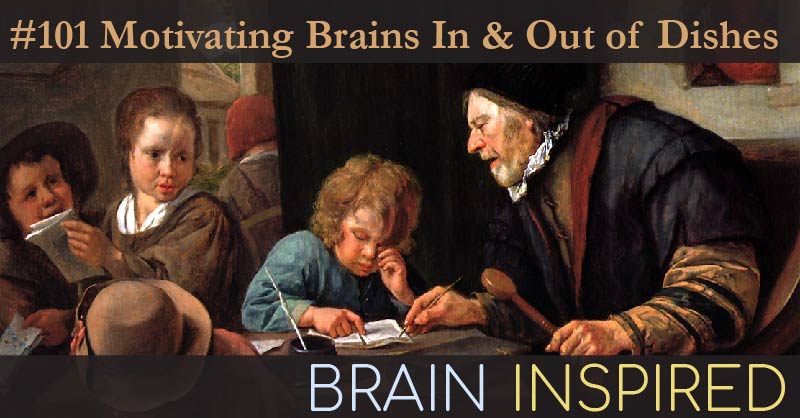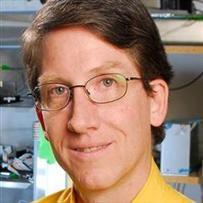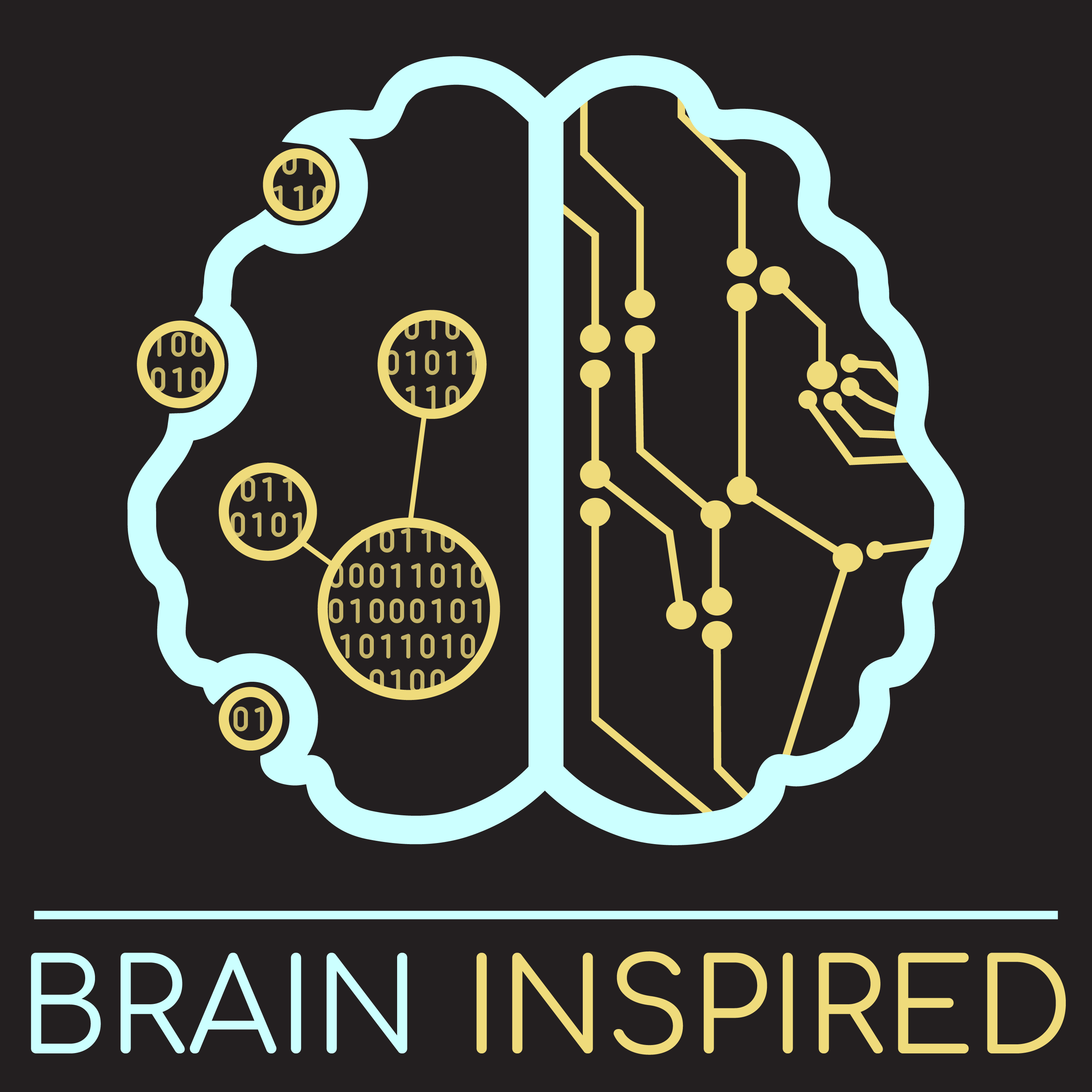


Steve and I discuss his book, How to Motivate Your Students to Love Learning, which is both a memoir and a guide for teachers and students to optimize the learning experience for intrinsic motivation. Steve taught neuroscience and engineering courses while running his own lab studying the activity of live cultured neural populations (which we discuss at length in his previous episode). He relentlessly tested and tweaked his teaching methods, including constant feedback from the students, to optimize their learning experiences. He settled on real-world, project-based learning approaches, like writing wikipedia articles and helping groups of students design and carry out their own experiments. We discuss that, plus the science behind learning, principles important for motivating students and maintaining that motivation, and many of the other valuable insights he shares in the book.

The first half of the episode we discuss diverse neuroscience and AI topics, like brain organoids, mind-uploading, synaptic plasticity, and more. Then we discuss many of the stories and lessons from his book, which I recommend for teachers, mentors, and life-long students who want to ensure they’re optimizing their own learning.
0:00 – Intro
6:38 – Brain organoids
18:48 – Glial cell plasticity
24:50 – Whole brain emulation
35:28 – Industry vs. academia
45:32 – Intro to book: How To Motivate Your Students To Love Learning
48:29 – Steve’s childhood influences
57:21 – Developing one’s own intrinsic motivation
1:02:30 – Real-world assignments
1:08:00 – Keys to motivation
1:11:50 – Peer pressure
1:21:16 – Autonomy
1:25:38 – Wikipedia real-world assignment
1:33:12 – Relation to running a lab

Support the show to get full episodes and join the Discord community. Check out my short video series about what's missing in AI and...

Find out more about Steve at his website. I discovered him when I found his book chapter "What Can AI Get from Neuroscience?" in...

Support the show to get full episodes and join the Discord community. Mike and I discuss his modeling approach to study cognition. Many people...